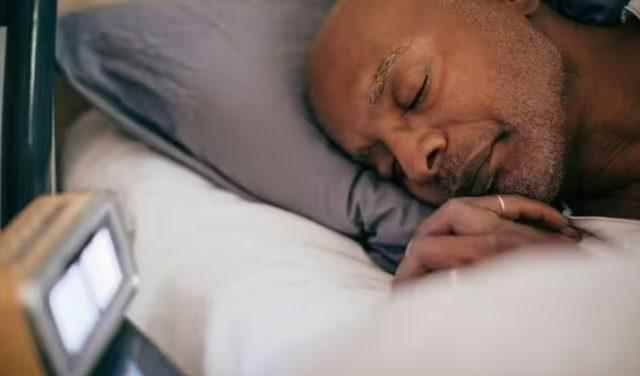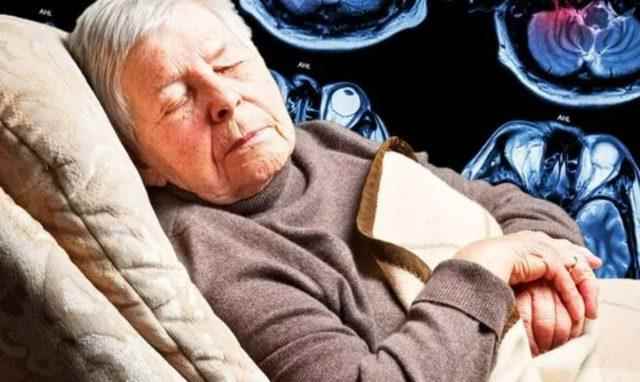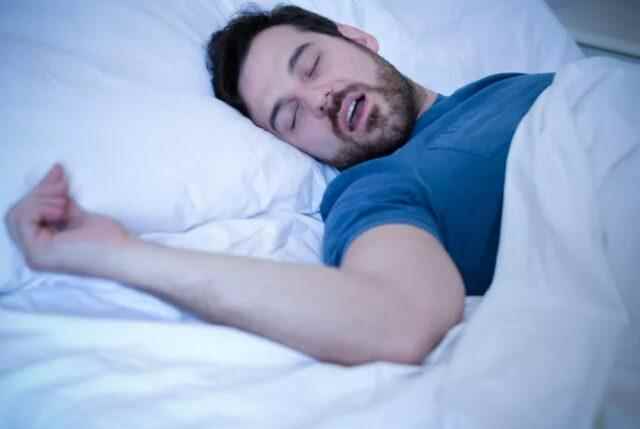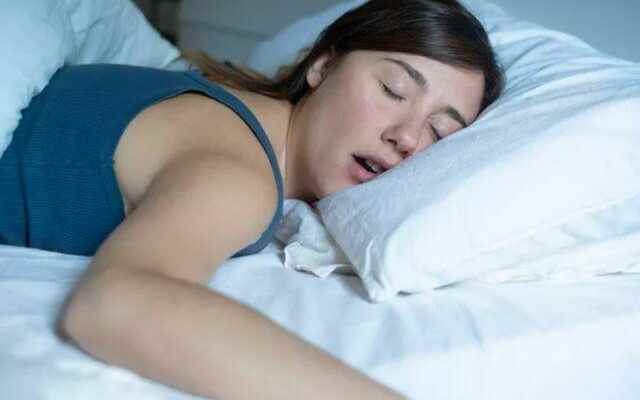Paralysis is a serious health problem that is frequently experienced in the world and can cause disability and death. Because the stroke develops suddenly, many people do not understand why the stroke is caused and cannot intervene correctly. However, in studies conducted with people who had a stroke, it was learned that most of these people experienced the same symptom before they had a stroke. More than half of those who experience this symptom, which manifests itself during sleep, do not realize the severity of the situation.
SLEEP APNES IS IMPORTANT RISK FACTOR FOR STROKE
Severe sleep apnea, considered a major risk factor for stroke, goes undiagnosed in more than 80 percent of cases. Earlier this year, the Sleep Apnea Organization noted that up to 70 percent of patients develop sleep apnea after a stroke. There is also evidence that sleep-disordered breathing precedes the condition in some cases, suggesting it may be a risk factor.
CAUSES BREATHING DURING SLEEP

Sleep apnea is a disorder that causes people to be short of breath during sleep. These periods, called apneas, usually last 10 to 30 seconds and sometimes up to 100 times a night. In fact, it has been found that about 85 percent of individuals with sleep apnea do not know they have it.
IT IS A THREAT TO THE BRAIN

The condition is a threat to the brain as it reduces blood flow and raises blood pressure.
Science Daily explains that this affects the brain’s ability to regulate changes and prevent self-harm. Researchers believe this may be why people with sleep apnea are more likely to have a stroke and die in their sleep.
EVEN IF DIAGNOSED AFTER PALACE, THE FIRST SYMPTOM CAN START BEFORE

The Lancet explains: “Sleep apnea, one of the most common chronic diseases, is a risk factor for ischemic stroke, stroke recurrence, and poor functional recovery after stroke.” More than half of stroke survivors present with sleep apnea in the acute phase after stroke, and obstructive sleep apnea is the most common subtype.” Although sleep apnea is usually diagnosed after a stroke, the National Institutes of Health states that it can precede a stroke, worsen in the acute stage, and persist after the acute stage.
WHAT ARE SLEEP APNES SYMPTOMS?

Neurologist Danny R. Rose warned that the condition remains a common and underrecognized risk factor for the disease. “If you or a loved one has problems with excessive daytime sleepiness, loud snoring, or panting, you should be screened for sleep apnea by a healthcare provider,” the expert warns. Vahid Mohsenin, Doctor of Yale School of Medicine in New Haven, highlighted some of the symptoms of sleep apnea to watch out for:
- If you do not feel rested after eight hours of sleep
- If you feel more tired during the day and want to take a nap in the afternoon
- If you experience loud, habitual snoring that disturbs others, or if your bed partner observes pauses in your breathing
PEOPLE WITH SLEEP APNES ARE AT MUCH RISK OF POLITATION

In previous research, Dr Mohsenin and his team found that people with sleep apnea were three times more likely to have a stroke or die. This has led to calls for sharper measures to tackle both health problems, particularly in light of the increasing prevalence of obesity and sleep apnea. To avoid risks, it is recommended that anyone being treated for sleep apnea stay compliant.
